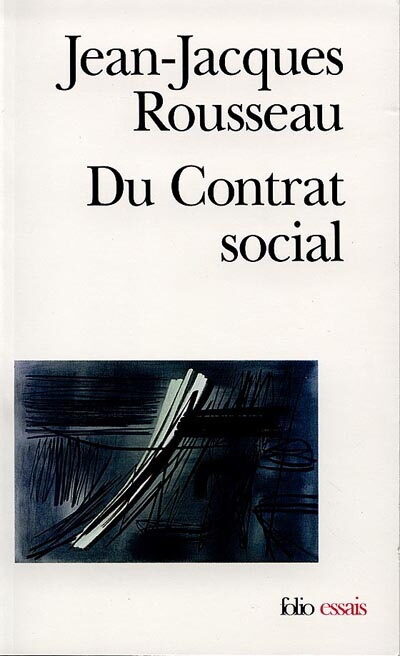The Social Contract, Jean-Jacques Rousseau

"Each of us places our person and all our power under the supreme direction of the general will, each member being an indivisible part of the whole."
Written by the philosopher Jean-Jacques Rousseau and published in the Netherlands in 1762, this work of political philosophy was quickly banned in France and condemned in Geneva to be "torn apart and burned." The principle of popular sovereignty, based on the notions of liberty, equality, and the general will, did not sit well with the monarchies of the time.
For Rousseau, the social contract is a voluntary act that ensures freedom and equality in exchange for the surrender of individual rights to the community: "In short, by giving himself to all, each person gives himself to no one, and since there is no associate over whom one does not acquire the same right that one grants over oneself, one gains the equivalent of everything one loses, along with greater strength to preserve what one has." Everyone must obey the general will (of the majority), guided by concern for the common good and expressed through a universal law applicable to all.
A major work that shaped our democratic society, this conception of the social contract continues to resonate today, particularly at the Atelier, where questions of territorial cooperation and governance are at the heart of our work.
Author
Jean-Jacques Rousseau
Editor
Marc-Michel Rey
Publication Date
1762
